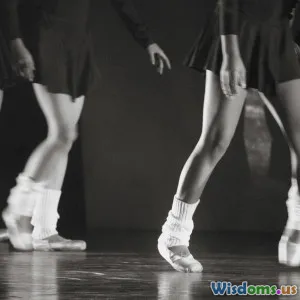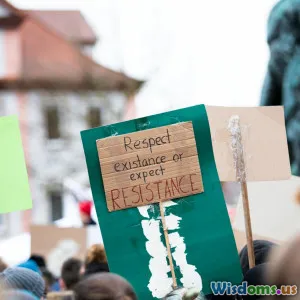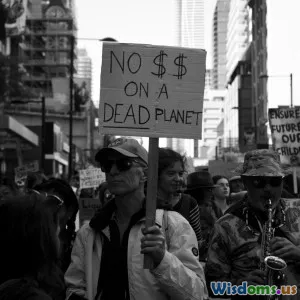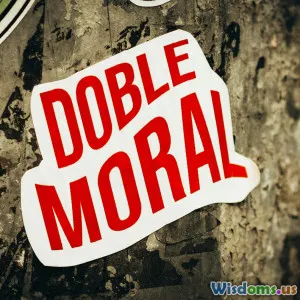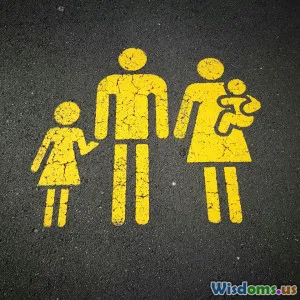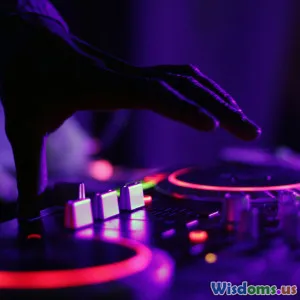
The Power of Music in Bridging Cultural Divides
5 min read Explore how music transcends cultural barriers, fostering understanding and unity among diverse communities. (0 Reviews)
The Power of Music in Bridging Cultural Divides
Music is often described as a universal language, transcending geographical and cultural boundaries. From the rhythmic beats of African drums to the melodic tunes of Eastern sitars, music plays a pivotal role in human expression and interaction. In a world increasingly divided by cultural differences, the power of music to bridge these divides has never been more relevant.
Understanding the Role of Music in Society
Music has existed in every known culture throughout history. It serves various functions: entertainment, spiritual expression, social cohesion, and as a form of communication. Ethnomusicologists like Alan Lomax have extensively documented how music reflects cultural identities and shared experiences.
Music as a Cultural Connector
One of the most significant aspects of music is its ability to connect people. It can evoke emotions and memories, fostering a sense of belonging among individuals from different backgrounds. For instance, global events like concerts for charity, such as Live Aid, showcase how music can unite people for a common cause, transcending cultural and national barriers.
Case Studies: Real-World Examples
-
The Globalization of Music: The rise of genres like Reggae, Hip-Hop, and K-Pop illustrates how music can cross cultural boundaries. Artists such as Bob Marley, Tupac Shakur, and BTS have gained international acclaim, bringing their cultural narratives to a global audience. They highlight social issues and promote messages of peace, resistance, and unity.
-
Cultural Festivals: Events like the WOMAD (World of Music, Arts and Dance) festival celebrate diversity through music. Such festivals allow artists from various backgrounds to share their music, encouraging cultural exchange and understanding.
-
Music Therapy: Studies have shown that music therapy can improve emotional well-being and foster communication in diverse groups. For example, initiatives that bring together refugees and local musicians have proven effective in building relationships and trust within communities.
The Psychological Impact of Music
Research indicates that music can positively affect mood and foster empathy, making it a powerful tool for bridging divides. A study published in the journal Psychological Science found that listening to music can enhance feelings of social connectedness and reduce prejudice. This suggests that music not only entertains but also has the potential to change attitudes and perceptions.
Challenges and Considerations
While music has immense potential to bridge cultural divides, it is essential to approach this phenomenon critically. Cultural appropriation and the commercialization of music can lead to misunderstandings and reinforce stereotypes. It is crucial for artists and audiences to engage in respectful cultural exchange, acknowledging the origins of music and the context in which it is created.
The Role of Technology
In the digital age, technology has further amplified music's ability to connect people. Streaming services, social media platforms, and video-sharing sites allow for instantaneous sharing and collaboration across the globe. Artists can now collaborate with musicians from different cultures, creating unique hybrid genres that reflect a blend of influences.
Conclusion
The power of music in bridging cultural divides is profound. It fosters empathy, encourages dialogue, and promotes understanding among diverse communities. As society continues to evolve, harnessing the power of music can pave the way for a more inclusive and harmonious world. By celebrating our differences through music, we can create a richer, more connected global community.
In a time of division, let us remember that music has the unique ability to unite us all, reminding us of our shared humanity.
Rate the Post
User Reviews
Popular Posts










